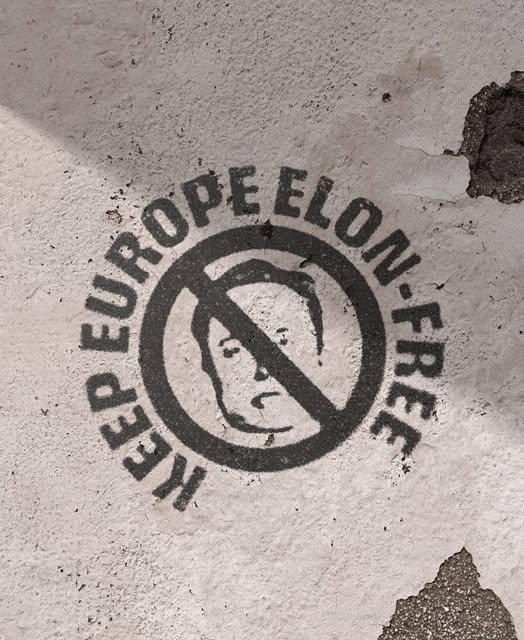Kriecher

“Christian Lindner, der gerne ein Rechtspopulist für Villenbewohner wäre, war merklich betrübt, dass der bewunderte Multimilliardär Elon Musk auf seiner Fake-News-Plattform die Werbetrommel für die AfD rührte, statt Lindners Qualitäten ausreichend zu würdigen.
‘Elon’, schrieb er ranschmeißerisch, ‘ich habe eine Politikdebatte angestoßen, die von Ihren und Mileis Ideen inspiriert ist. … Ziehen Sie keine voreiligen Schlüsse aus der Ferne. Lassen Sie uns treffen, und ich zeige Ihnen, wofür die FDP steht.’ …
Elon Musk … dürfte unterwürfige Briefchen der deutschen Stützen der Gesellschaft gewohnt sein. ‘Warum kaufst Du nicht Twitter’, schrieb ihm Springer-Boss Mathias Döpfner seinerzeit und bot gleich an: ‘Wir managen es für dich’. Musk antwortete nur knapp ‘Interessante Idee‘. Musk hatte die offenbar schon vorher, nur ohne irgendeine Rolle für Döpfner vorzusehen.
Einige Tage später, der Deal war da schon über die Bühne, fasste der Springer-Chef nach und pries seine Dienste erneut an: ‘Klar, lass uns gerne reden’, gab Musk nach ein paar Stunden zurück. Dann wieder eine schnörkelvolle Nachricht Döpfners, und abermals ein maximal kurzes ‘Klar’ zurück. Döpfner schreibt wieder, bekommt nichts zurück, säuselt und schleimt ein paar Tage später erneut: ‘Ich würde sehr gerne Twitters Zukunft diskutieren, wenn du bereit bist. So aufregend.’ Eine halbe Stunde später kommt laut Spiegel die letzte Antwort: ‘Interessant’. …
Lindner und Döpfner … sehen … sich als die Mover und Shaker, wissen wohl, sich in ihren Kreisen als Stützen der Gesellschaft zu renommieren, und fallen ohne erkennbare Not in einen Ton der Servilität. …
Die Macht und das scheinbare Imponiergehabe sind … bei den Gewinnertypen offenbar ein dünner Firnis, unter dem die Bereitschaft zur Unterwürfigkeit schlummert. Ein kleiner Dienstbote und Untertan steckt am Ende auch in ihnen und ist nicht herauszubekommen.
Das ist insofern interessant, als unsere Protagonisten Individualismus und Autonomie hochhalten, diese sogar in einen autoritären ‘Libertarismus’ eskalieren lassen, also die Idee, dass dem Starken jedes Recht gebührt und den anderen nur die Pflicht zur Huldigung. …
Dieser Pathos des Individualismus ist meist … von der Vorstellung einer Würde des starken Subjekts grundiert. Der linke Philosoph Ernst Bloch sprach einst von den ‘Tagträumen vom aufrechten Gang’ … Die Vorstellung vom autonomen Menschen ist von Würde und Freiheitspathos gespeist, die diesen, wie Thomas Mann meinte, ‘ungeeignet zum Fürstenknecht’ machen. Anders gesagt: Sie verträgt sich schlecht mit Kriechertum und Würdelosigkeit. …
Subalterne, also erniedrigte Gruppen kämpfen stets nicht nur um formale Rechte oder materielle Besserstellung, sondern auch um ihren Selbstwert.
Der pseudoliberale deutsche Spießer nimmt dagegen schnell die Bücklingshaltung ein. Er gibt jene Selbstachtung und Würde auf, die andere in prekäreren Positionen entgegen allen Widrigkeiten verteidigen. Man kennt es aus Literatur und Lebenserfahrung, staunt aber dennoch immer wieder aufs Neue.”
aus: Robert Misik: Der deutsche Kriecher, taz online, 8.1.25, im Internet
Abb.: zirkuliert seit mind. 30.12.24 auf Facebook etc.
01/25